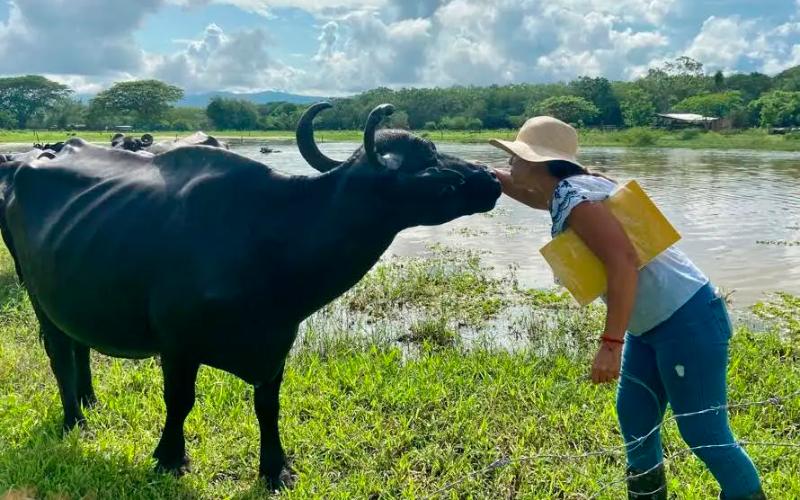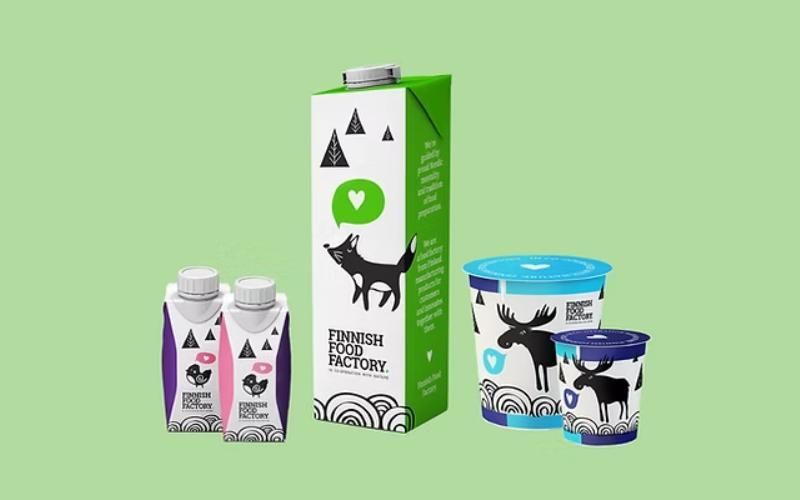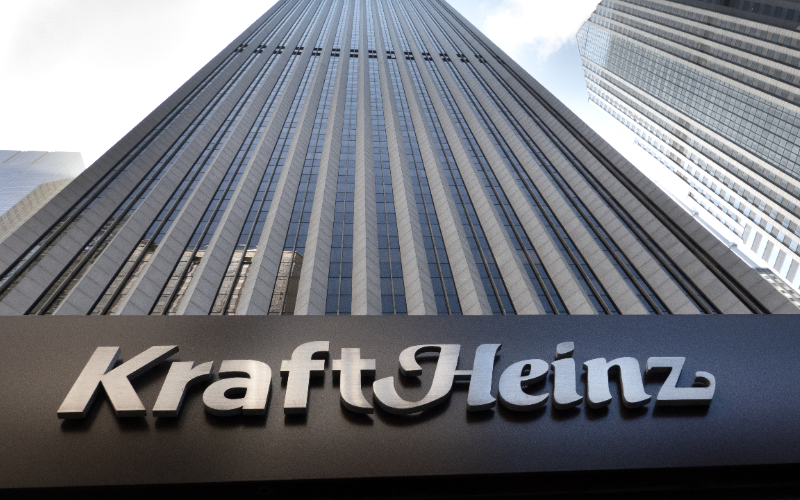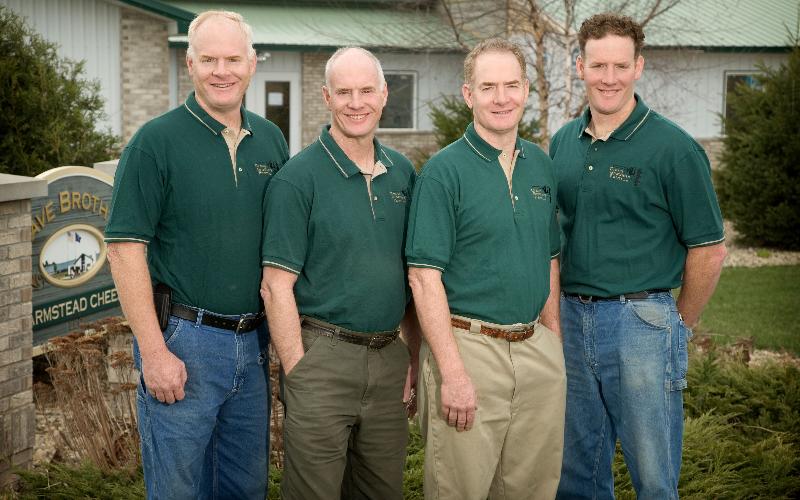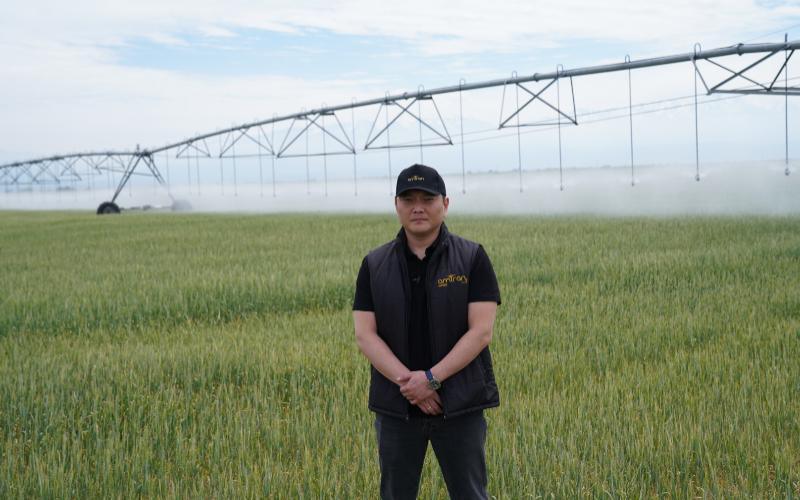Pair housing of calves may have a positive effect on future stability and behavior

Personality is of increasing interest in dairy cattle as it may be associated with outcomes related to animal performance and welfare, including feeding behavior, calf weight gain, and adult milk production.
Competitive access to resources is the subject of a new study led by Marina von Keyserlingk of the University of British Columbia in Canada. In this first-of-its-kind study of competition in this age group, the team focused on how pair housing may affect social competition skills in pre-weaning dairy calves.
“We know from previous research that adoption into social housing, or pairing up two or more calves, can have a positive impact on future resilience and behavior,” von Keyserlingk said. “We wanted to understand the impact of early social housing on the competitive skills of dairy calves, that is, their willingness and speed to take action to consume milk when another calf is competing for the same bottle.”
The research team studied a group of 18 three-week-old steers and heifers that were equally divided into individual or pair housing at 11 days of age. At the start of the study, the calves were tested to test the impact of naturally bold personalities on their competitive abilities. Once the team had determined their identities, the calves from each holding group were paired up to compete for one bottle of milk.Over 5 days of testing, results showed that pair housed calves, on average, spent more time drinking from the bottle and approached milk faster than calves housed individually.
“Our results add to the growing body of evidence that early social housing is beneficial for dairy calves and promotes behavioral development – such as competition skills – that contributes to future success,” the speaker commented.
A second study from the University of Florida Department of Animal Science examined how group housing affected the personality traits of dairy calves. The team, led by Emily Miller-Cushion, set out to understand how social housing might influence a calf's possible personality traits after birth and in the early period before weaning.The team studied 32 calves and steers over a 4-week period starting at birth. During the first 2 weeks the calves were divided into 2 groups (either individual housing or pair housing) and then after 4 weeks they were all transferred to group housing. They then tested the calves' responses to standardized personality tests; an open field, a new object, an unfamiliar calf and an unfamiliar person.
Miller-Cushion noted, “We found that calves housed in pairs were bolder compared to calves housed alone, suggesting that social contact early in life may indeed influence personality traits within the group.”


